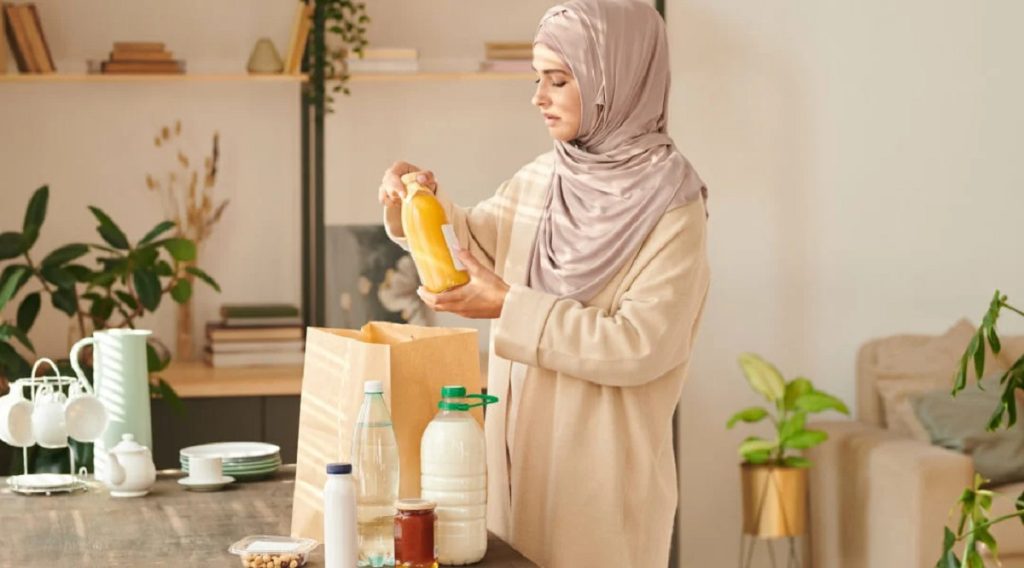Picture a busy Muslim professional in Chicago grabbing lunch from a halal food truck. The eco-friendly container carries not just food, but also a halal certification logo—a small sign of trust. Across the US, packaging is playing a central role in how halal food is accessed, trusted, and enjoyed.
With America’s halal market growing alongside a 3.45 million Muslim population, packaging has become more than just wrapping. It assures authenticity, prevents cross-contamination, and reflects Islamic values of purity and sustainability.
Smart Packaging for Trust
QR codes, NFC tags, and blockchain are now used by halal brands to provide real-time certification details, supply chain transparency, and consumer confidence—critical in a market where mislabeling can damage trust.
Sustainable Solutions
From cornstarch-based trays to recyclable glass, eco-friendly materials align with Islamic stewardship values and appeal to eco-conscious Muslims and non-Muslims alike.
Convenience for Modern Lifestyles
Vacuum-sealed meats, ready-to-eat halal meals, and portable food truck containers make halal accessible for busy families and professionals, while tamper-evident seals and barrier technologies address contamination concerns.
The Future
Though cost and fragmented certification pose challenges, innovations in packaging are creating opportunities for businesses to expand reach, build trust, and serve both Muslim and non-Muslim consumers. The result: halal packaging is no longer just about preservation—it’s about identity, ethics, and confidence in every bite.

